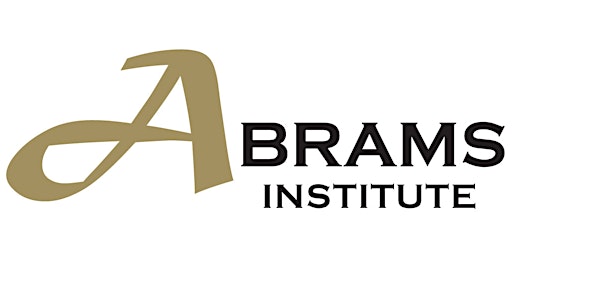
Commercial Speech and the First Amendment: Does the Right of Publicity Transcend Commercial Speech?
Date and time
Location
Debevoise and Plimpton
919 3rd Ave. New York, NY 10022Description
From Yale Law School’s Floyd Abrams Institute for Freedom of Expression
Please join us for an in-depth discussion on right of publicity. Our keynote speaker will be Jennifer Rothman, Professor of Law at Loyola Law School, Joseph Scott Fellow, and author of the upcoming book: The Right of Publicity: Privacy Reimagined for a Public World.
Are there First Amendment limits to this claim? What are the litigation strategies for approaching these claims?And what are the legislative strategies and imperatives for legislative initiatives?
We are bringing academics and practitioners together to discuss how to respond to these critical issues in three sessions.
Does the First Amendment have anything to say here?
Moderator: Jeremy Feigelson, Debevoise & Plimpton
Panelists: Robert C. Post, Sterling Professor of Law, Yale Law School
Jennifer Rothman, Professor of Law, Joseph Scott Fellow, Loyola Law School
Rebecca Tushnet, Frank Stanton Professor of the First Amendment, Harvard Law School What content is protected? What content should be protected? How to frame the argument. Does the concept of “commercial speech” retain any relevance to the analysis?
Litigating the Claims
Moderator: Stacey Dogan, Professor, Boston University School of Law
Panelists: David Schulz, Ballard & Spahr LLP
Nathan Siegel, Davis Wright Tremaine LLP
Annie Pell, NFL
What are the strategic decisions to be made? What wins, and what does not?
Legislative Initiatives: What matters
Moderator: Daniel Kummer, NBCUniversal Media, LLC
Panelists: Gena Feist, TakeTwo Interactive Software, Inc.
Edward Rosenthal, Frankfurt Kurnit Klein & Selz PC
Vans Stevenson, Motion Picture Association of American, Inc.
- Exceptions Clauses:
- Do they lead courts to assume that all content is subject to ROP claims, except the exceptions?
- How should they best be drafted?
- What other key and contentious clauses are in the legislative mix today?
- Are there viable compromises between the performers’ unions and the creative community on ROP statutes?
Application for New York accreditation of this program is currently pending.
We want to thank Debevoise & Plimpton for agreeing to host the Conference this year.
Sponsors: We want to thank the additional sponsors of this Conference:
Ballard Spahr LLP Davis Wright Tremaine LLP Frankfurt Kurnit Klein & Selz PC
Space is limited for this Conference. We anticipate a waiting list, so please do not register if you do not think you will actually attend.
If you find that you cannot attend, please let us know ASAP. Again, we anticipate a waiting list.
If you decide to send a colleague in your place, let us know ASAP so that we can put them on the list for entry to the building.
Organized by
for more information on the Information Society Project at Yale Law School, please visit our website http://law.yale.edu/isp